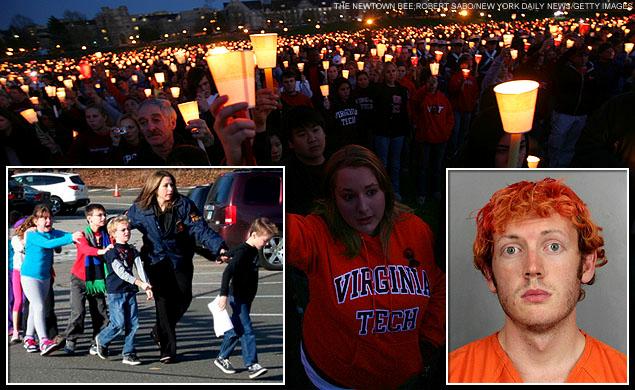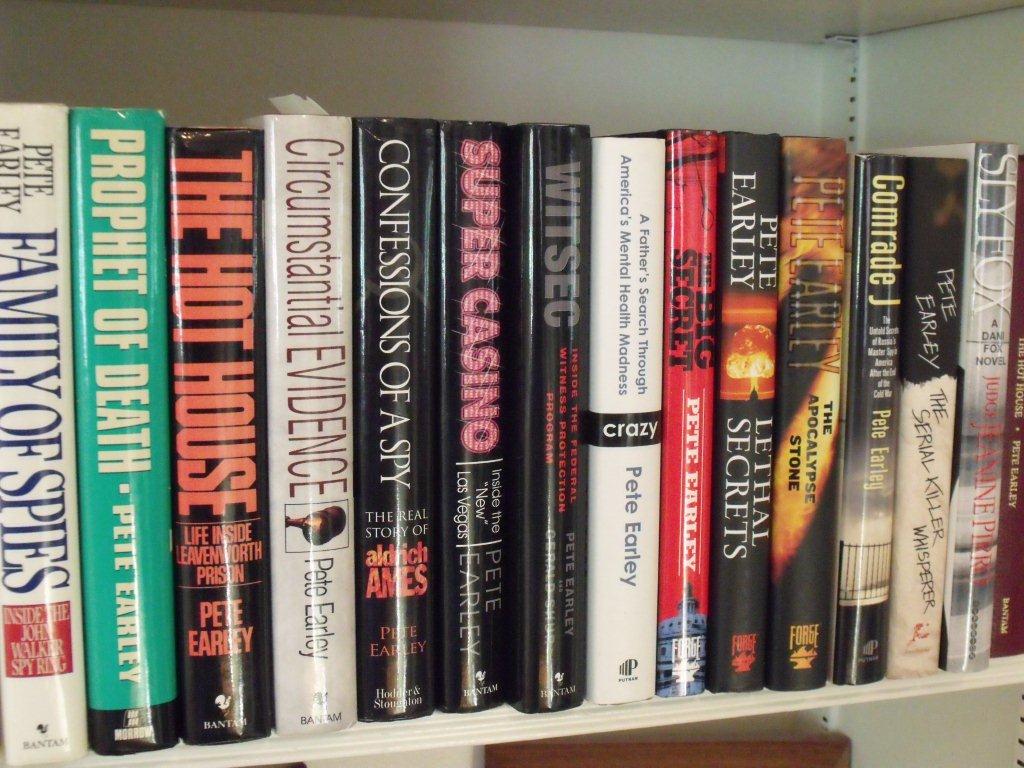
Several readers have asked me what my son, Kevin Michael, has to say about the horrible shootings at Sandy Hook Elementary School. Here is his response.
It seems there have been an abundance of shootings in America this past year. Instead of looking for a scapegoat, or a solution, I say we look at ourselves. Do we mock others who are not like us? Is the behavior we exhibit kind and generous and encouraging? Do the interactions we have with others lead to them feeling isolated, dejected and depressed, or …do our interactions lead them to feeling warm, appreciated and included? Do we celebrate violence, whether through our entertainment, music, video games or movies? Do we judge those who don’t have materials we have? Do we socially ostracize those who don’t meet whatever criteria of “success” we hold of them?








